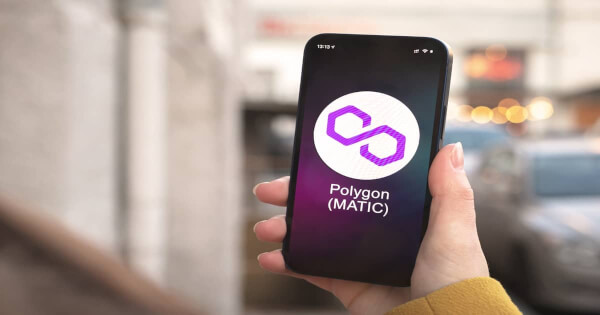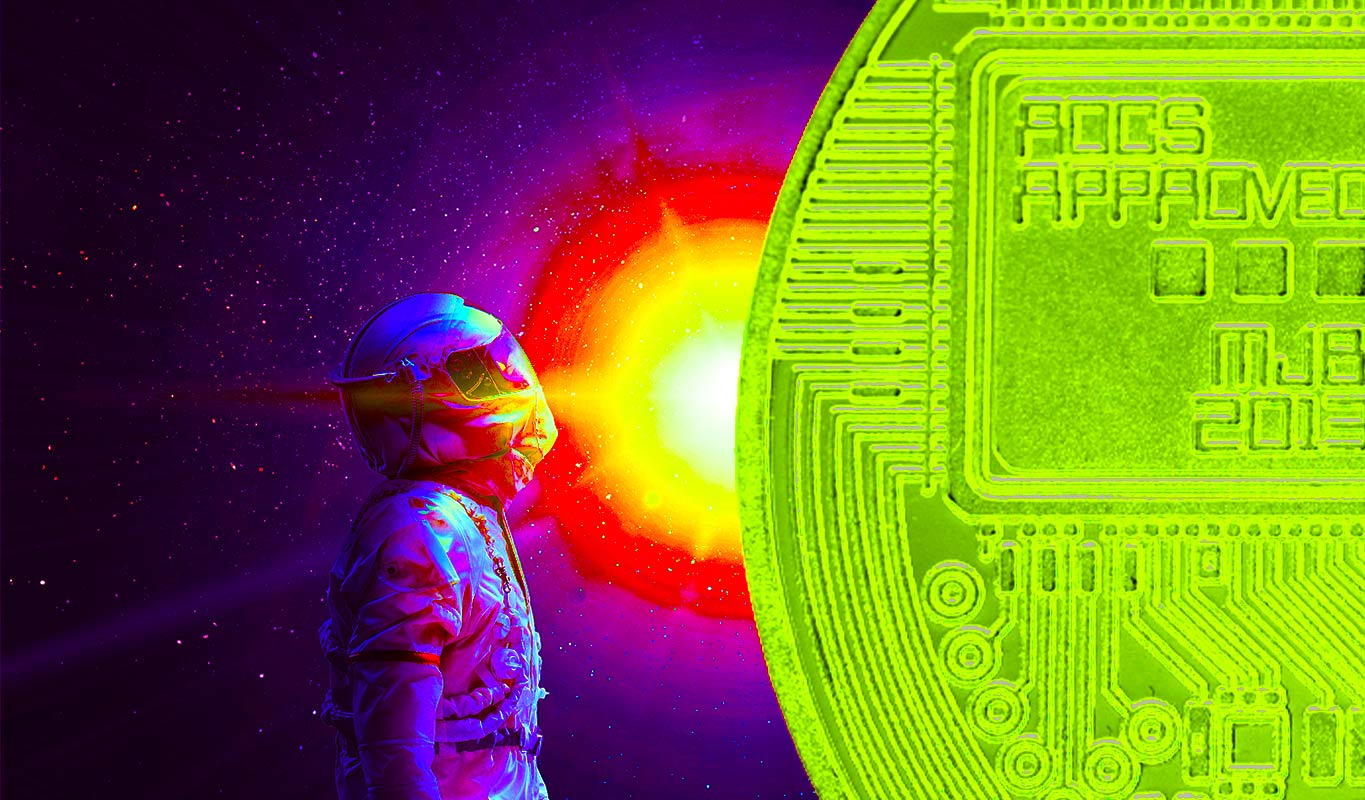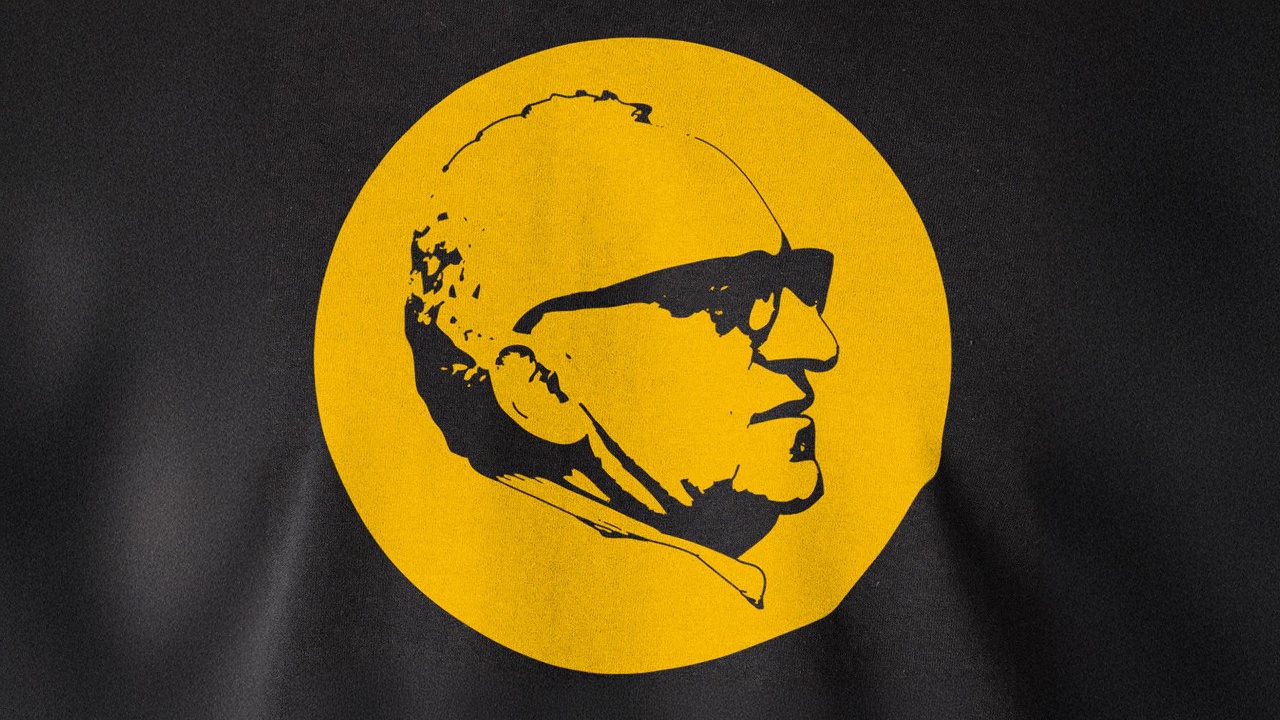To maximize healthcare operations and processes through the latest innovations in the non-fungible token (NFT) and decentralized identification (DID) technologies, DEVITA has joined the Polygon network.
As a blockchain-based health data platform, DEVITA ensures data sovereignty as users’ health records are transmitted, exchanged securely, and stored in a decentralized way.
Polygon (MATIC), an interoperability layer-2 scale solution for Ethereum-compatible blockchains, improves speed and tackles transaction complexities on blockchain networks using multiple tools.
By leveraging the Polygon network, DEVITA intends to attain lightning-fast data access and transmission and lower transaction costs. As a result, provide users with personal data management and equitable healthcare.
Eric Choi, DEVITA’s co-founder, noted:
“From the beginning, it was clear to us that Polygon’s fast transaction speeds and low fees would be indispensable to achieving our goals. Joining the Polygon network marks an important milestone in our journey.”
He added:
“Ultimately, our vision is to create the intersection between blockchain technology and the right to better healthcare because that is what we find meaningful. Polygon’s network, with its capabilities, can be seen as the highway upon which that endeavor truly commences.”
DEVITA also uses an ERC-1155 NFT token (ONE-ID) that renders decentralized data ownership by giving users universal control and access over their encrypted data.
The polygon network has been making notable strides, given that it is home to at least 130 million addresses and more than 7,000 decentralized apps (dApps). Furthermore, it has processed nearly 1.5 billion transactions.
Polygon is also utilized by leading brands like Dolce & Gabbana, Aave, and OpenSea.
Robinhood, an American financial services company, recently rolled out more crypto offerings, including Polygon, to meet customer requests, Blockchain.News reported.
Image source: Shutterstock
Credit: Source link






















